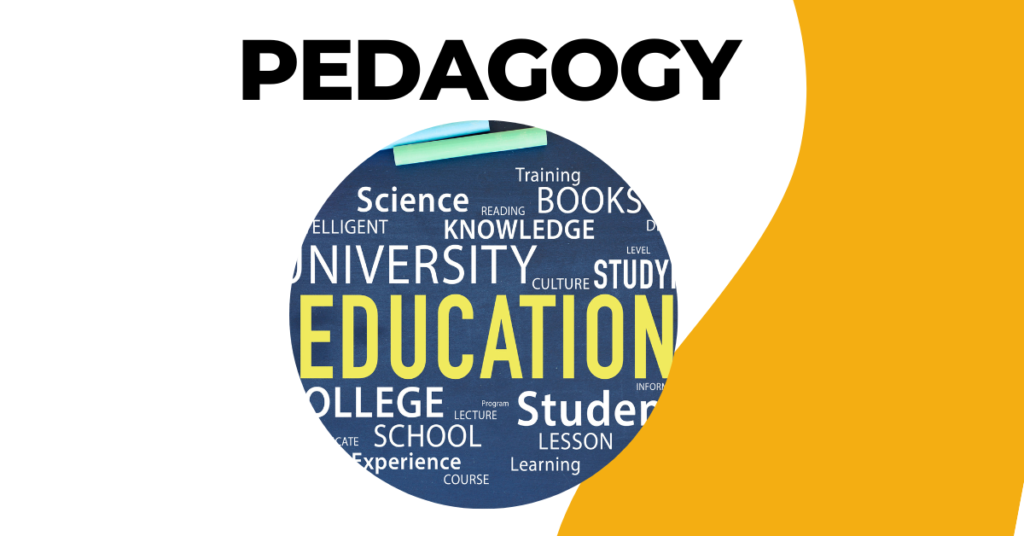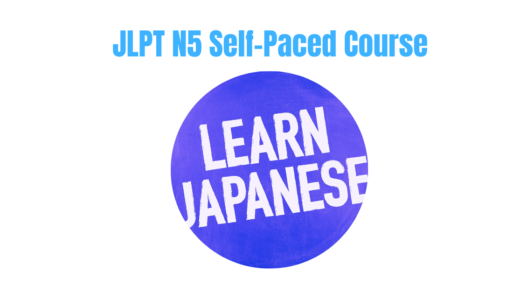1. Reflect on your learning habits and strategies. In what ways might you have been either nurturing or neglecting your own complex thinking processes?
The desire to develop something unusual and creative nurtures my complex thinking processes. In my teaching practice, I create personalized activities. Most of the time, I am elated as I see students not only having fun but making the learning itself valuable for them. I do not only teach a specific domain, but I teach them metacognition: how to learn and process information. I am very organized when it comes to my learning habits. I usually write down things I must do for the week as I juggle numerous tasks.
2. What strategies are you currently using to promote critical thinking among students? Are your current teaching methods effectively meeting essential goals of thinking? How do you know that your students are utilizing critical thinking strategies?
Sparking students’ interest depends on how educators present a topic in class. I believe that allowing students to think deeply and draw upon their own experiences will promote critical thinking among students. I ask tons of questions to encourage students to think and not depend on what I want to share or teach. If I feel that they do not respond to me right away,
I modify my questions. Since developing critical thinking skills in students is one of our school’s aims, in addition to the English language skills, the school provides monthly Professional Development workshops where we educators learn strategies and methodologies to use in class, such as how to scaffold learning, how to use differentiation in class, and many more.
B. Motivation
1. Describe the circumstances behind learning situations wherein you were (a) highly motivated to pursue your goal and (b) strongly unmotivated to achieve. Use motivation theories to help you understand or explain why your motivations differ in each circumstance.
I was a substitute class adviser for three months. It was my first time being a class adviser. It was a challenge for me as I had to do everything alone with little assistance from our head teachers. I set everything in class strategically, from class management to curriculum design. I am goal oriented. I am happy to say that within a short period, I have learned valuable skills I can utilize in the future. Based on my experience, the goal-orientation theory applies to my learning. I have higher motivation to persevere as I must deal with a full-time job, family, and my studies.
2. Reflect on your own experiences of flow. What were the important features of the task that facilitated the experience? What was it like for you to experience flow?
Experiencing the so-called “flow,” which refers to a state of consciousness, is synonymous with becoming proficient at something and completely immersed in it. I experienced “flow” when working as a class adviser. At first, I was struggling with all the tasks given to me at once. I had to think deeper to achieve the goals I had set for myself. From that scenario, I pushed harder and finally experienced “flow,” where I was satisfied with my own outcomes. Everything that seemed intricate puzzle pieces to put together became a beautiful art later.
Latest comments
I will check it out. Thank you.
Thank you very much! I will provide more contents later.
I’ve learn some just right stuff here. Certainly worth bookmarking for revisiting. I surprise how a lot effort you put…
Kids Preschool and kindergarten Learning Games for kids & Toddlers 3-12 years old. Give a try and review your opinion…
Top ,.. I will save your website !





Recent comments